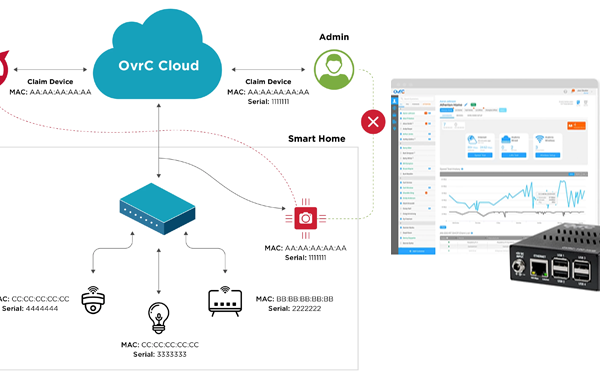
Gamaredon Uses Infected Removable Drives to Breach Western Military Mission in Ukraine
The Russia-linked threat actor known as Gamaredon (aka Shuckworm) has been attributed to a cyber attack targeting a foreign military mission based in Ukraine with an aim to deliver an updated version of a known malware called GammaSteel. The group targeted the military mission of a Western country, per the Symantec Threat Hunter team, with…













